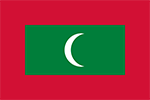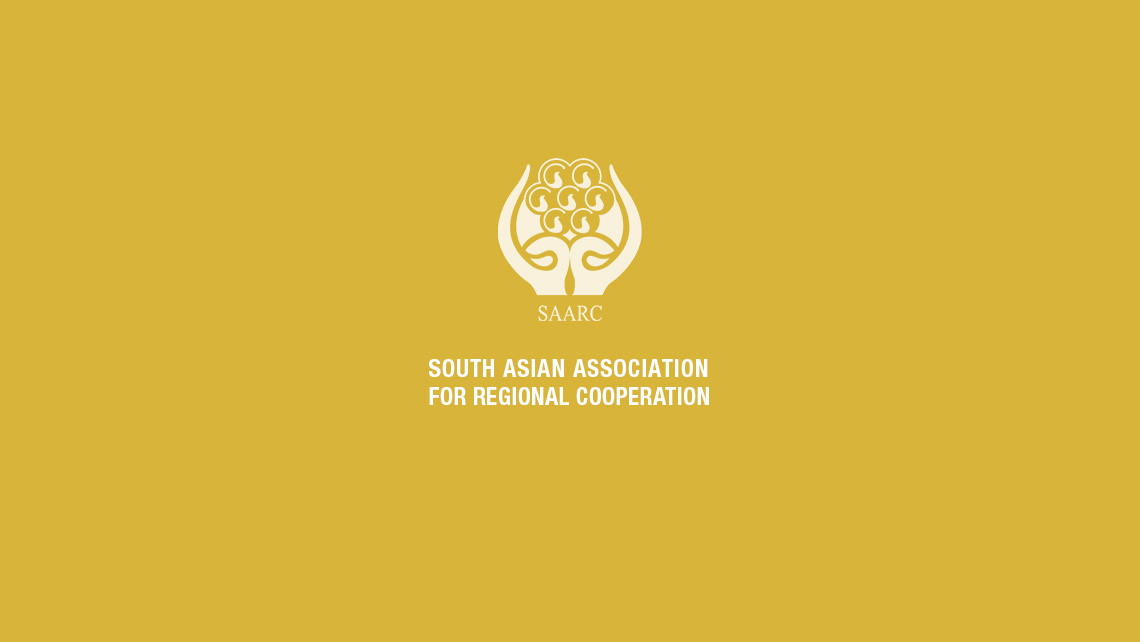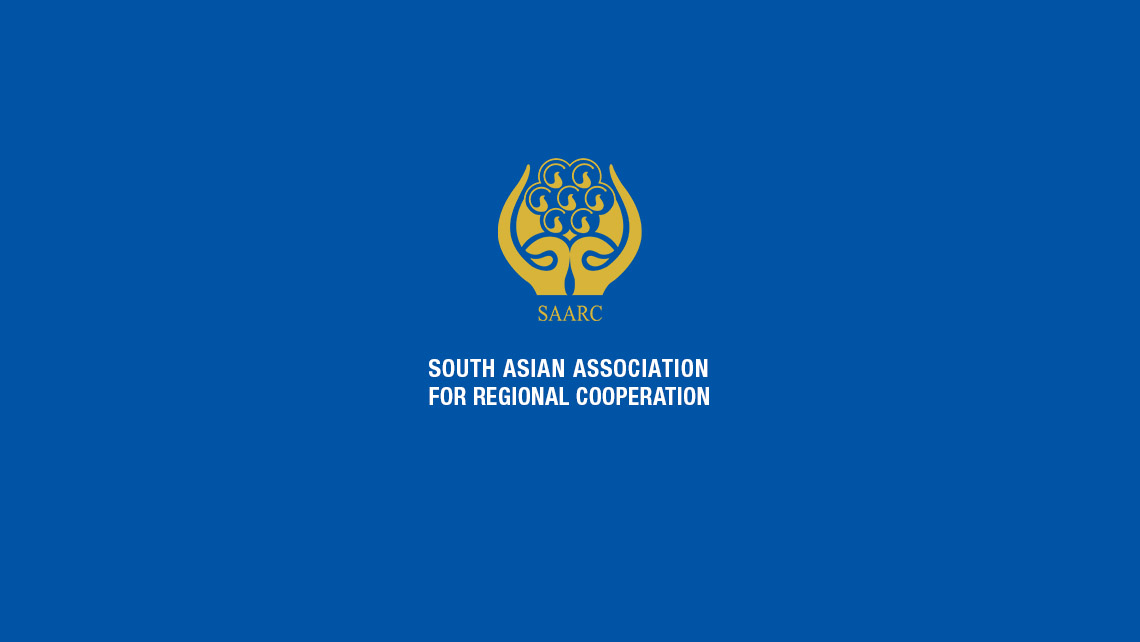H. E. Mr. Amjad Hussain B. Sial, Secretary General of the South Asian Association for Regional Cooperation (SAARC), addressed the Inaugural Session of the International Conference on Doubling the Income of Farmers of SAARC Countries in Kathmandu today.
Co-organized by Nepal Agricultural Extension Association, Nepal Agriculture Information and Training Centre and International Society of Extension Education, the four-day Conference brought together representatives from the Member States of SAARC to exchange views on agricultural extension strategies and approaches. In addition, a large number of professionals and experts from several regional and international organizations are attending the Conference.
Addressing the International Conference, the Secretary General said, “Although our region is endowed with abundant human and natural resources and agriculture continues to be the mainstay of the South Asian economies, the agricultural sector encounters massive challenges, which include increasing population, shrinking arable lands and farm sizes, rapid urbanization, impact of climate change, natural disasters, post-harvest losses, animal diseases, etc.”
The Secretary General said that much of the agricultural production in the region is undertaken by smallholders. In the context of diminishing farm sizes and other existing challenges, appropriate approaches and strategies for sustainable agriculture can play an instrumental role in enhancing the income of farmers as well as in achieving food security, improving nutrition, developing value chain and eventually contributing to poverty alleviation and ending hunger.
Since the inception of SAARC in 1985, the leaders have underscored the importance of agriculture in the context of overall developmental goals of the region. He further stated, “Food and nutrition security and agriculture constitute a key component of cooperation under the framework of SAARC. The “SAARC Agriculture Vision 2020” shows the way forward for enhanced regional engagement in the field of agriculture and related sectors.”
The conference was informed that regional projects on “Consortium for Scaling-up Climate Smart Agriculture in South Asia” and on "Livelihood enhancement of small farmers in SAARC region through small agro-business focusing on value chain development" have been recently developed, while projects on Zero Energy Cold Storage, Post-Harvest Management and Value Addition of Fruits are being implemented.
The SAARC Agriculture Centre, which is a centre of excellence, has been doing a commendable job in research and development in the field of agriculture. Some of the need-based programmes recently undertaken by the Centre include Conservation Agriculture, Climate-smart agricultural policies and strategies, and risk management for small farmers.
Kathmandu, 20 September 2018











